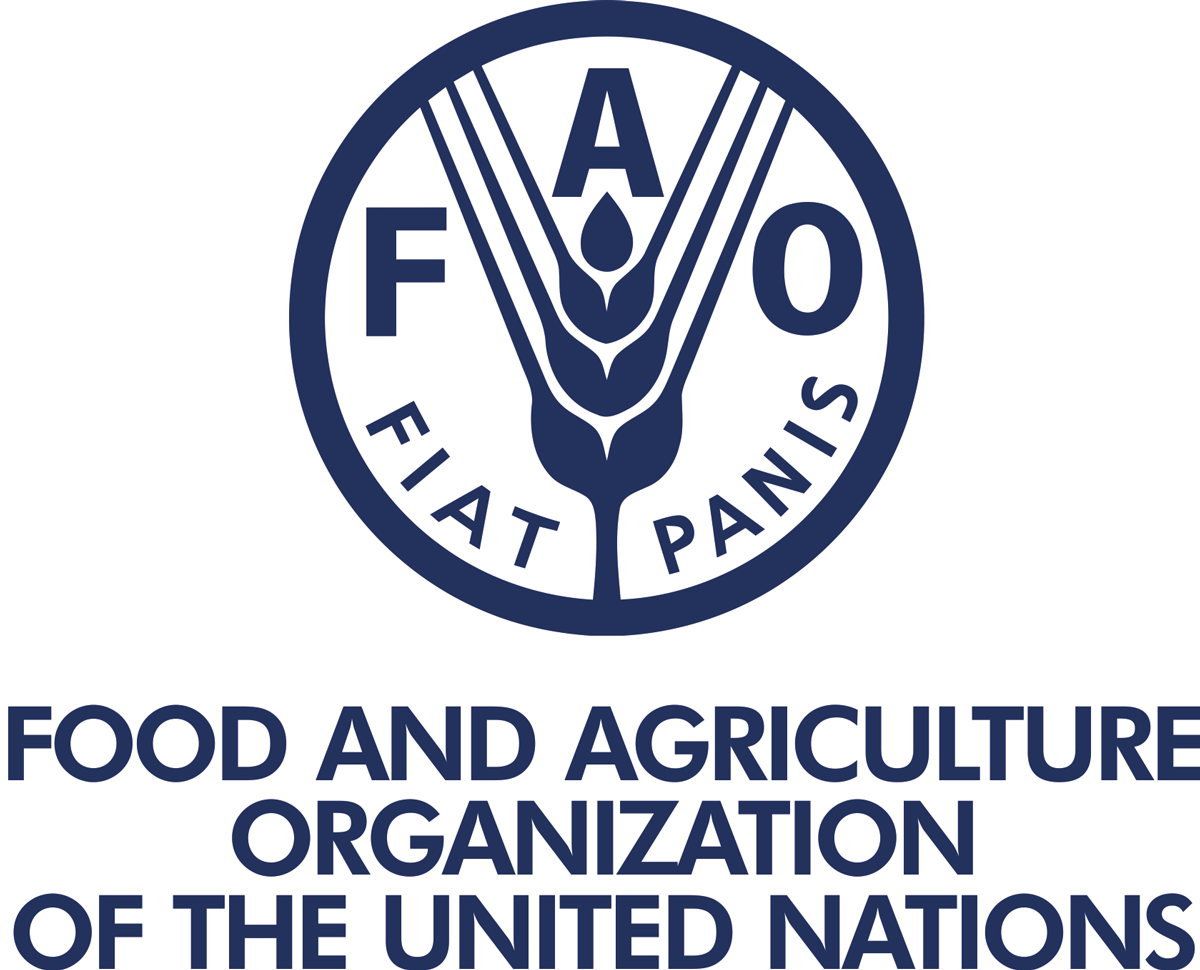 |
| FAO |
Self-sufficiency in rice for Africa will be strategic and consequential,
not just in terms of meeting consumption requirements locally, but also through
its multiplier effects.
These include reallocating the much-needed foreign
exchange and investing in rice-value chain development, an area that has the
potential of creating and expanding employment opportunities for youth and
women. This view was expressed in a press release issued signed and made
available to FoodfarmNews by Assistant Director General and Regional
RepresentativeFood and Agriculture Organization (FAO), Bukar Tijani in Abuja.
The release observed that Data shows that in 2015 alone, African
countries imported about 36% of their domestic rice requirements, amounting to
over 4 billion US dollars and that rojection
also forecast that by 2020, the amount would reach 4.8 billion US dollars
annually.
‘Given the huge rice import
bill and projection, self-sufficiency in rice production in Africa would save
the rice importing countries immense financial resources—an opportunity to
channel these savings into socio-economic development.
“With the demand for rice consumption in Africa currently increasing at
a rapid rate of 5.5% per annum, the only option for countries to be on track on
development goals is to achieve self-sufficiency in rice production. This is
through sustaining a higher rate of production and productivity along the rice
value-chain.”
It affirmed that countries that have successfully increased their rice
production point to government leadership in putting in place the right
policies, strategies and appropriate and adequate institutional mechanisms.
Such mechanisms include national rice platforms that have facilitated enhanced
investment and effective coordination of multi-stakeholders in the rice sector.
The national platforms have been an important feature of rice policy reform—a
portal bringing together wide range of stakeholders including seed producers,
farmers and women groups who have received support on business plan
development.
It added that the encouraging success achieved in increased rice
production of a number of countries is also a proof and demonstration that with
effective leadership and political will, as well as concerted efforts of all
stakeholders, the twin goals of achieving self-sufficiency in rice production
and ending hunger are achievable.
The rest of the release reads: It is important to note that the Food and
Agriculture Organization of the United Nations (FAO) is the custodian of the
Zero Hunger goal of the SDGs. FAO continues to support regional and national
efforts on sustainable intensification of rice production along the whole
value-chain.
Currently, FAO is consolidating partnerships with regional and global
development entities to support the transformation of Africa’s rice sector by
boosting productivity, strengthening rice value chains, and supporting improved
coordination of regional markets.
The organization works closely with Africa Rice, African Development
Bank, International Fund for Agricultural Development, Coalition for African
Rice Development and International Rice Research Institute. All in an effort to
support the African Union Commission, Regional Economic Communities, and country
partners for the benefit of farmers and consumers alike. These partnerships promote
and disseminate best practices on rice to other countries, and have contributed
immensely to improvements in seeds, post-harvest, irrigation and technology
adoption.
However, there is still a need in strengthening partnerships and
collaboration among technical and donor partners at the country level, such
as enhancing mutual accountabilities for results.
Enhanced leadership and increased investment by African governments in
the rice sector would indeed help sustain the momentum towards the attainment
of rice self-sufficiency and the creation of gainful employment for the youth
and women along the entire rice value chain.
With the huge potential benefits for investments in Africa’s rice
sector, the urgency of implementing appropriate strategies to realize the
opportunities provided by Africa’s strategic commodities cannot be
overemphasized. Against
this backdrop, the High Level Ministerial Conference on Rice in Dakar,
Senegallast week looked into these issues. The ongoing conference delved into strengthening
synergies and effective collaboration between national governments, development
partners, the private sector, and producer organizations.
To call into mind once again the words of the late Koffi Annan, farmers
are a solution to sustainability. FAO, as a strong partner of farmers, will be
on hand to propel Africa’s rice sector to achieve its full potential as a
platform for regional agricultural growth and rural transformation.










No comments:
Post a Comment